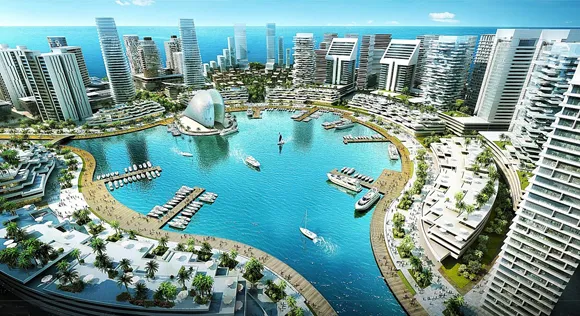Nigeria’s free trade zones have emerged as significant drivers of economic growth, attracting substantial foreign direct investment and fostering industrial development. Four prominent zones in Lagos State—Lagos Free Trade Zone, Lekki Free Trade Zone, Alaro City, and Lagos Deep Offshore Logistics (LADOL)—have collectively attracted over $8 billion in investment.
The Lagos Free Trade Zone, established in 2012, has attracted $2.5 billion in investment, while the Lekki Free Trade Zone has secured $4 billion. Alaro City has attracted $1 billion, and LADOL has invested $500 million. These zones offer a range of benefits to businesses, including tax incentives, streamlined regulations, and world-class infrastructure.
By operating within these zones, businesses can reduce operational costs, increase efficiency, and enhance their competitiveness. The zones have also created numerous job opportunities, both directly and indirectly, contributing to the country’s economic growth.
However, challenges such as infrastructure bottlenecks, currency fluctuations, and bureaucratic hurdles persist. To overcome these challenges and maximize the potential of free trade zones, the Nigerian government must continue to implement policies that promote ease of doing business, attract foreign direct investment, and foster innovation.
By addressing these issues, Nigeria can position itself as a global manufacturing and logistics hub, driving sustainable economic growth and creating a brighter future for its people.





















